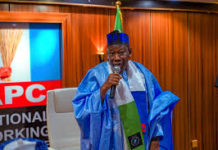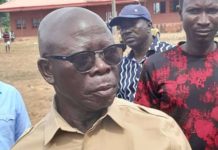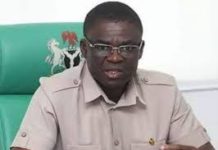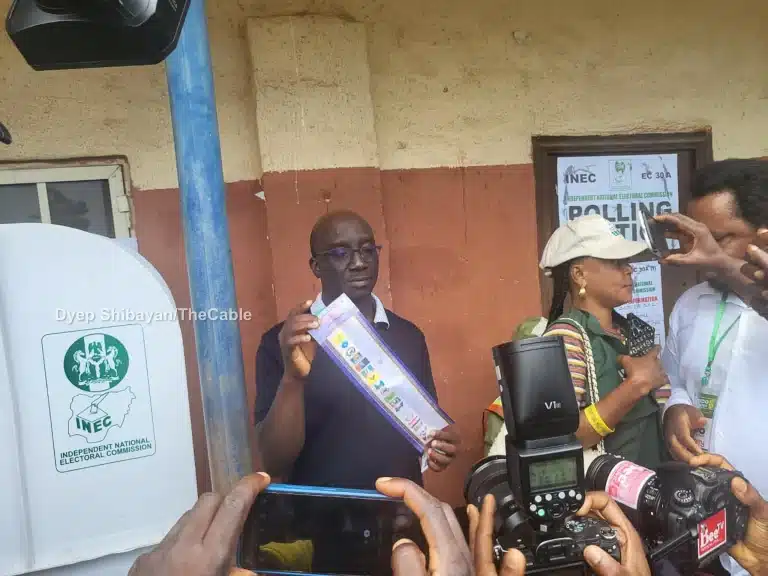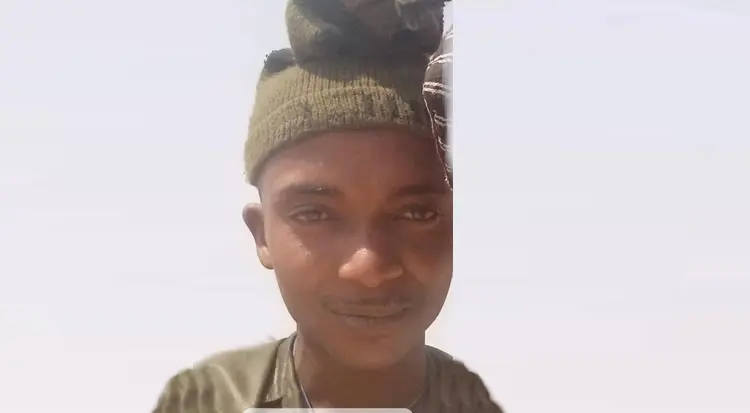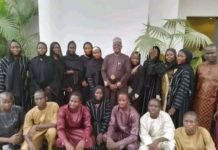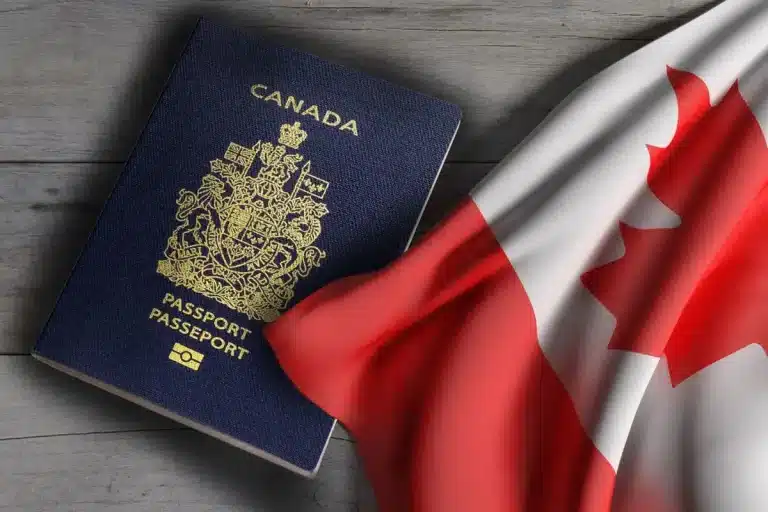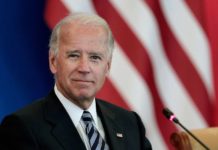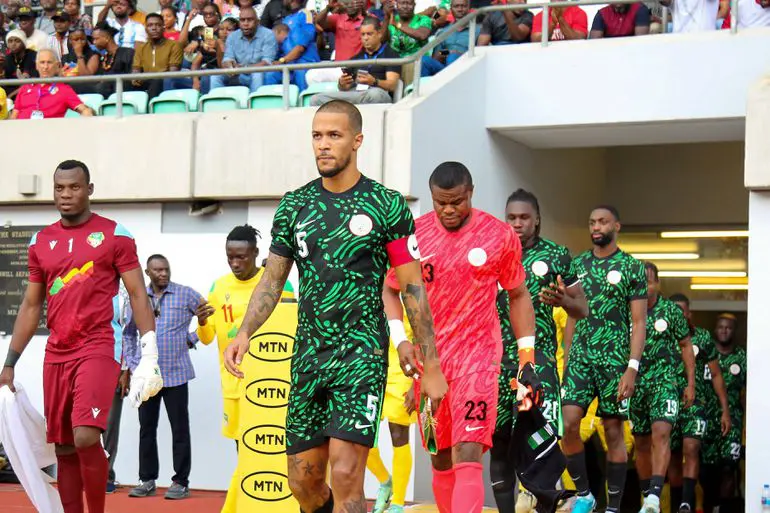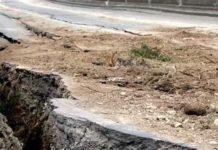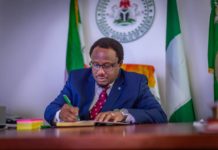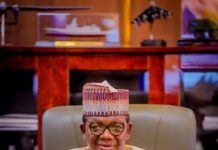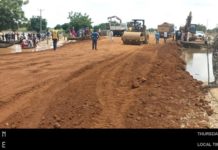The former President of South Africa, Patron of TMF and the Guest Lecturer of the AFRPN Annual Lecture series, President Thabo Mbeki speaking under the theme: “Examining the Nexus Between Foreign Policy Goals and Democratic Governance” has stated in a lecture delivered virtually at the fifth Annual lecture of Association of Foreign Relations Professionals of Nigeria (AFRPN) in Abuja that the re-emergence of the phenomenon of military coups or military interventions on our Continent has emphasised the importance of the implementation of the preventative policies of the AU, as well as interventions to help ensure the popular legitimacy of the democratic systems established in African countries.
His words: “I have just tried to highlight what has been called ‘the primacy of the political’ in the solution of the conflicts on our Continent. This means that the process of conflict resolution must include getting to the roots of every conflict with a view to ensuring that such conflict does not recur”.
He further stated: “As you would expect, almost invariably this would bring us back to the matter your Association has raised, the matter of democratic governance. In the absence of such governance, citizens take to arms to resolve their differences.
“It is the obligation of the institutions of the African Union, such as the Peace and Security Council, that in their important work, they ensure the primacy of the political and thus help to move more of our countries to the democratic order which is high among the objectives of the African Union. Quite correctly, your Association has drawn attention to the importance of the objective of growth and development on our Continent. Of course all of us know that the mere presence of democratic governance will not assure such growth and development.
“It is important that even as we engage this matter of development we do so in a way which ensures the involvement of democratic institutions, such as our elected legislatures, in the development processes.
“Let me talk briefly about the various economic programmes our Continent has put in place to address its development challenges. I refer here to: e the programme agreed at the 1963 founding of the OAU; e the 1980 Lagos Plan of Action; e the 1991 African Economic Community; e the 2021 New Partnership for Economic Development; and, e Agenda 2063 of 2013 and 2015. The are 5 economic development programmes during first 50 years of the OAU and the AU. Given the critical importance to Africa of the development objective, it is important that an assessment should be made of what these programmes contributed to Africa’s development. I do not recall that at any time the Continent undertook a serious review of an economic programme it was moving away from, explaining why it had to adopt the next programme. Cognisant of the nexus between various foreign policy goals, such as development, it would give greater impetus to the implementation of important policies if the programme reviews “I have mentioned also included such democratic institutions as the elected legislatures. As an example of the failure to carry out the programme reviews, I know this very well that there was no serious review of the Economic Programme contained in the 1991 African Economic Community document before the OAU adopted the NEPAD document in 2001.
“This raises serious questions about the relationship between policy formation and policy implementation. As an individual Member States of the AU, like the Federal Republic of Nigeria, we might have advanced this as one of our foreign policy goals to persuade the majority of the AU member States to adopt a Comprehensive Continental Economic Programme, and then succeeded in this regard. The contrary point I am making here is that for half-a-century since the founding of the OAU, our Continent has not done a good job of implementing the successive Economic Programmes it adopted.
“Accordingly, the question arises – what should be done to ensure the implementation of the foreign policy goals which were adopted as AU policies, not accepting such fate as has met the successive Economic Programmes.
“Of course, all this relates to the important matter of development which the Association has correctly mentioned.
:Once more, this raises the question of the institutional capacity of our Continental organisations, the OAU and the AU, successfully to ensure the implementation of decisions adopted by the relevant Assemblies of these organisations.
“My considered view in this regard is that the Heads of State and Government themselves should pay close attention to the implementation of the most important decisions of the AU.
“It is perfectly obvious that the more we democratise our Continent the greater will be our possibility successfully to address such challenges as Continental integration, development, peace, and others.
“Similarly, however, the matter of the institutional capacities of the AU and the RECs to implement agreed policies is of vital importance.
“Indeed, it might be appropriate to make another effort to examine the functioning of the AU in the context of its major objectives, to ensure that it has the capacity to promote these objectives.
“In this regard, I also believe that it is vitally important to ensure the right choices of the personnel given the responsibility to lead the AU, such as the Commission as a whole.
“We must also return to the important matter of the spread of democratic governance on our Continent.
“In 2022, International IDEA released a Report around the issue of democratic governance, entitled ‘The Global State of Democracy 2022, Forging Social Contracts in a Time of Discontent.’
This Report argues that in terms of democratic governance, “social contracts vary depending on the cultural and historical context, but all democracies share certain core commonalities, including respect for individual civil and political rights, fair and competitive elections, a reasonably equal exercise of power by the governed over their government, and effective access to a set of entitlements that make a dignified and meaningful life possible”.
“About Africa the Report says that ‘decades of state capture by illiberal ‘strong men’ have resulted in serious democratic decline. Some leaders are resorting to desperate efforts to change constitutions and legal frameworks to help them maintain power…”
“Despite a myriad of challenges, Africa remains resilient in the face of instability. Countries including the Gambia, Niger (until yesterday’s coup), and Zambia continue to improve in democratic quality. Overcoming a restricted civic space, civic action in several countries has created opportunities to renegotiate the social contract. Coups d’etat and unconstitutional transfers of power have transformed Burkina Faso, Chad, Guinea and Mali into new frontiers of instability, but they are only the most striking examples in a general picture of declining regime performance across a number of countries in sub-Saharan Africa.”
“We may very well question some of the conclusions of International IDEA about the State of Democracy on our Continent.
“However, I believe that we must ourselves make an honest assessment of this State of Democracy, bearing in mind the point we ourselves have made, that there is a nexus between the Continental goals we have set ourselves and democratic governance.
“All this therefore suggests that as Africans we share the imperative to join hands to encourage democratic governance throughout our Consistent, consistent with the existing AU policies on this matter, such as the Constitutive Act which states that one of the Objectives of the AU is to: “promote democratic principles and institutions, popular participation and good governance.”
Also an elder statesman and a nonagenarian, Chief Emeka Anyaoku has urged African leaders to promote peace and stability across the continent.
Anyaoku made this appeal on Thursday in his opening remarks at the 2023 Association of Foreign Relations Professionals of Nigeria(AFRPN) anual conference in Abuja.
Speaking on the theme “Examining The Nexus Between Foreign Policy Goals and Democratic Governance” Anyaoku who is the chairman of the event, said one of the three main challenges facing Africa after the struggle for freedom is insecurity and instability in governance.
“The three main challenges facing African countries now that we have completed the historic struggle for independence and freedom are: First, ensuring governance for peace and stability in the individual sovereign states.
“Second, pursuing national development including effective collaboration amongst African States. And thirdly, playing a commensurate role in global affairs by a continent that contains over 40 percent of the world’s crucial resources. Thereby, restoring to the African people, to the black race the dignity and respect which were seriously undermined by the transatlantic slave trade.” Anyaoku noted.
Speaking on the recent military coup in Niger Republic that toppled the democratic government, the third Commonwealth Secretary-General said whatever affect Niger Republic affects Nigeria, thus Nigerian government will do everything possible to ensure that democracy is restored.
He also appealed to African leaders to focus on ascertaining with greatest confidence individually and collectively Africa’s role in global affairs.
“I therefore take this opportunity to call upon African leaders, first to ensure that the politics and the governance in their country are inclusive and should promote peace and stability.
“Secondly, to move beyond rectorate of African unity and cooperation and focus on practical cooperation amongst African countries.
“Thirdly, to eschew what I call the psychology of subservience to centers of power outside Africa. And they should focus on ascertaining with greatest confidence individually and collectively Africa’s role in global affairs. Thereby ensuring what I was vigorously put by President Ruto of Kenya. When he said that Africa must be at the table not in the menu of global dining.” He appealed.
Earlier, the President of the Association of Foreign Relations Professionals of Nigeria (AFRPN), Amb. (Dr) Gani Lawal, in his welcome address noted that the topic of the lecture: “Examining the Nexus between Foreign Goals and Democratic Governance” is carefully chosen to create an opportunity to listen to the perspectives of consummate diplomats and statesmen who had been for decades, in the forefront of governance and diplomacy and are still committed to the advocacy for peace, growth and economic development of Africa.
The event has in attendance members of the diplomatic mission to Nigeria as well as Eminent personalities including the Sultan of Sokoto who was the father of the day.
END


